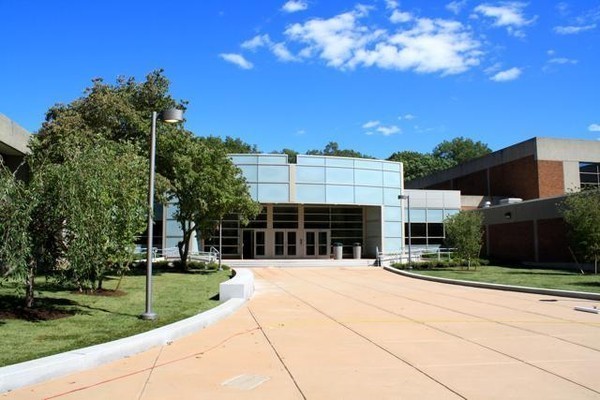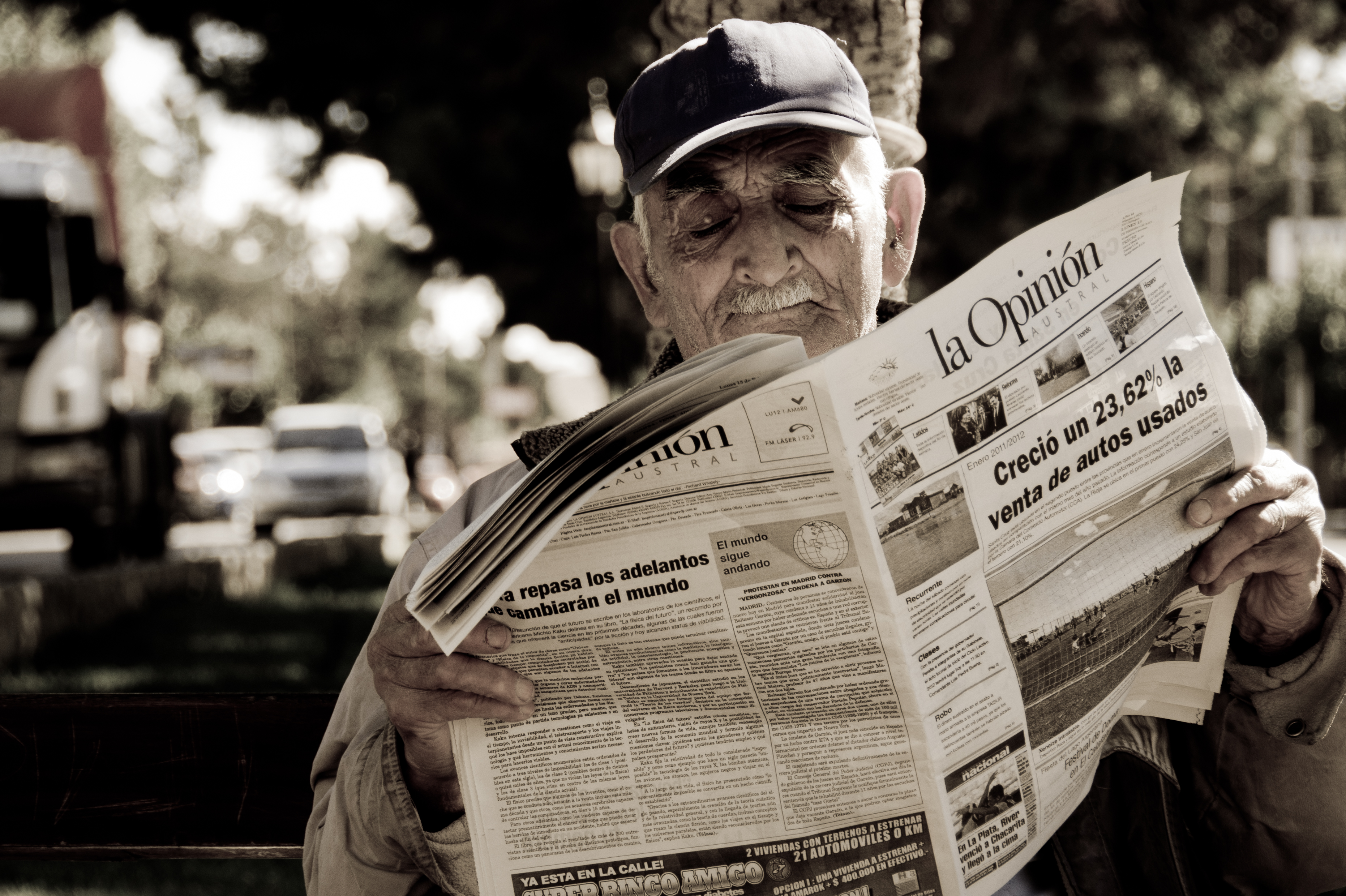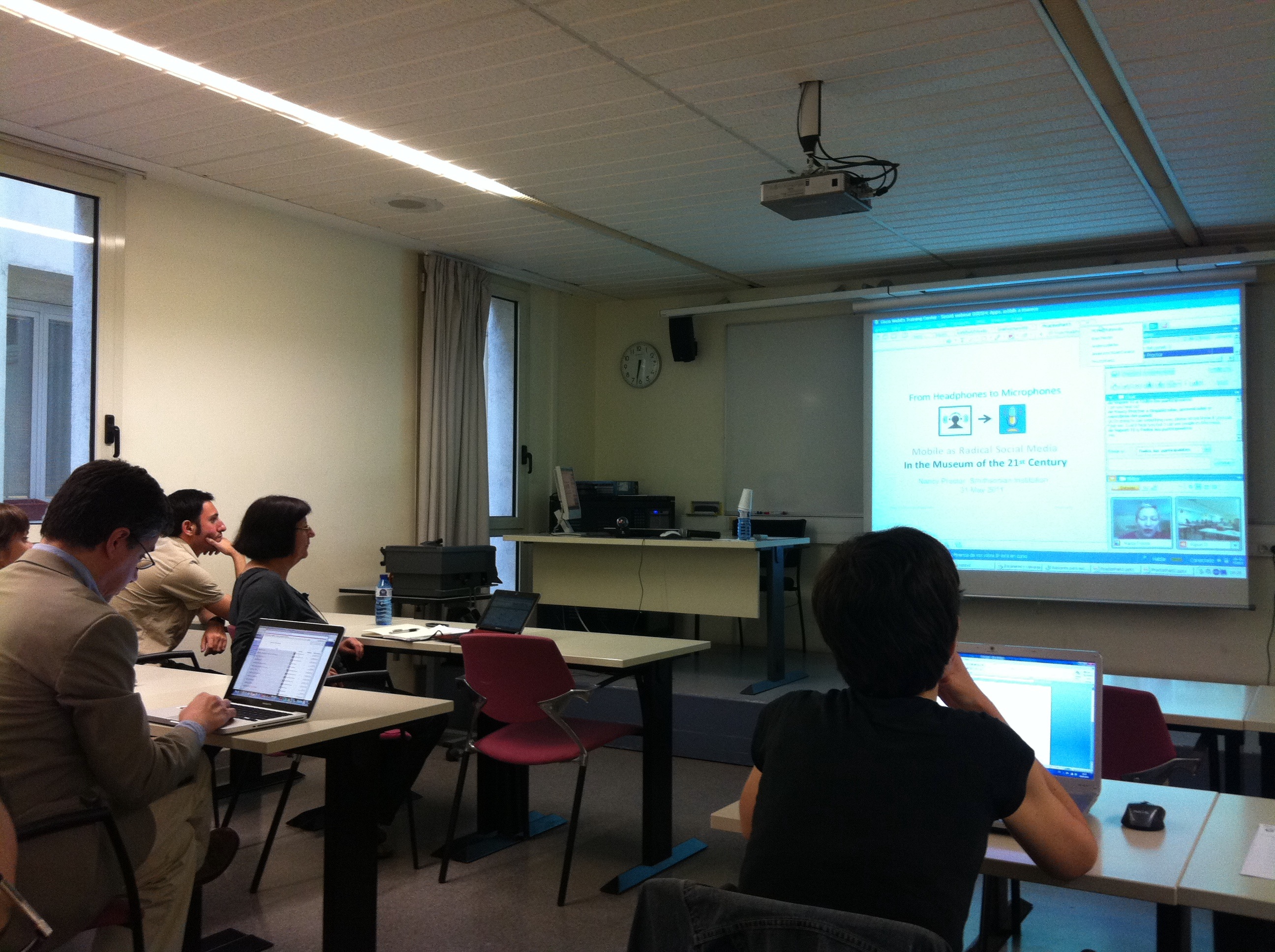The following are my comments related to the proposed changes to the regulations governing the length of the school day, submitted to the Rhode Island Council on Elementary and Secondary Education, for their upcoming meeting on Monday 11/23/2015 at 4:30 p.m. in Room 501 of the Shepard Building, 255 Westminster Street, Providence, R.I. 02903
Dear Honorable Members of the Rhode Island Council on Elementary and Secondary Education;
Please accept the following feedback regarding the proposed changes to Regulations Governing the School Calendar and Length of the School Day, specifically 11e which states:
(e). A school district may establish a school year that is the equivalent of one hundred eighty (180) days through the use of longer school days in terms of hours, and which may total less than one hundred eighty (180) separate days, so long as through the use of the longer school day, the school district annually provides a minimum of one thousand eighty (1080) school hours in a single school year. This figure is based on a minimum of six (6) hours per school day. In all cases, subject only to the exceptions set forth herein, there must be a minimum of 330 minutes of instructional time in order to constitute a school day. [Emphasis added]
As Principal of East Greenwich High School, I have the pleasure of helping to lead a high achieving, commended, and nationally-ranked high school. More importantly, I am privileged to work everyday with educators and students to build a school culture that focuses on personalizing student learning, teaching transferable 21st century skills, and designing assessment protocols that focus on measuring student proficiency rather than seat time or the ability simply to regurgitate content.
The last line of these regulations, if adopted, will erect an obstacle for my school community to overcome as we look for new ways to innovate, collaborate, learn, adapt and improve our practices and operations to better serve our students and community. Strictly defining the school day and placing required numbers of minutes on what constitutes a school day, and thereby when “learning” is to happen, discourages out-of-the-box thinking by mandating that learning only ‘counts’ when it occurs within the ‘box’ of a school day. As such, adoption of these regulations as currently constituted, detracts from the heart of education’s mission-- to support, encourage and develop citizens who are lifelong learners.
On a Statewide level, the last line of these regulations runs in direct opposition to the intent of numerous adopted regulations and published guidance from the State regarding, for example, Dual and Concurrent Enrollment, Multiple Pathways, and Virtual and Blended Learning initiatives. The aforementioned initiatives and guidance focus learning on student proficiency and student mastery, not on seat time. Placing a time limit on what constitutes a school day profoundly detracts from what is at the heart of these initiatives-- personalizing student learning-- which must by definition, recognize that time to learn varies from student to student.
Finally, there appears to be no relevant research supporting universal implementation of the 330 minute school day. To the contrary, research firmly establishes that it is not the quantity of daily instruction that affects student achievement, rather it is the quality of the instruction and the engagement that students have with the educational opportunities and experiences that are afforded them. Interestingly enough, this is supported not only by research, but can also be seen in the international gold standard of education and innovation-- Finland, which has as an average school day of five hours. In fact, according to The Organisation for Economic Co-operation and Development (OECD):
One of the most striking facts about Finnish schools is that their students have fewer hours of instruction than students in any other OECD country. This means that Finnish teachers teach fewer hours than their peers. In lower secondary schools, for example, Finnish teachers teach about 600 hours a year – 800 lessons of 45 minutes each, or four lessons per day. By contrast, US middle school teachers teach about 1 080 hours, or six daily lessons of 50 minutes. Teaching hours per day also depend partly on the number of teachers in a given school and teaching loads vary according to the level of education being taught. Nevertheless, the number of teaching hours is generally fewer than in many other countries.
One may wonder if this high level of student achievement through flexibility can be achieved domestically? To answer this question one needs to look no further than to our neighbors to the north in Massachusetts. In Massachusetts we see not only the highest level of student achievement nationally, but also less required minutes (990) and greater flexibility in defining what constitutes the school day. This is particularly evident in how the State defines “Structured Learning” time:
Structured learning time shall mean time during which students are engaged in regularly scheduled instruction, learning activities, or learning assessments within the curriculum for study of the "core subjects" and "other subjects." In addition to classroom time where both teachers and students are present, structured learning time may include directed study, independent study, technology-assisted learning, presentations by persons other than teachers, school-to-work programs, and statewide student performance assessments.
In our quest to achieve meaningful learning for all students, we must be sure that we are supporting our students and school communities with the right mix of State regulations alongside reasonable autonomy for the LEA, educator and student.
If, in spite of feedback from the community, the Board mandates that 330 minutes constitute a school day, I would urge the board to apply the same thinking to the school day that these regulations give to the school year. Specifically, schools should be permitted to go over the 330 minutes and use those additional minutes to reduce the number of minutes from other days. Doing so would presumably satisfy the Board’s goals regarding seat time while still permitting schools at least some flexibility to design student-centric systems focused on learning.
East Greenwich High School’s mission is summarized as “EGHS exists to EMPOWER”. Using our mission as a beacon, we strive to design our operations around developing student and educator autonomy, supporting each school community member’s needs, and igniting our students’ passions, none of which can be easily achieved through a strict and universally-applied time frame. I urge you to reconsider these draft regulations. I thank you for your consideration of these points. Thank you as well for your selfless service to the students, educators, and citizens of Rhode Island.
Sincerely,
Michael J. Podraza












